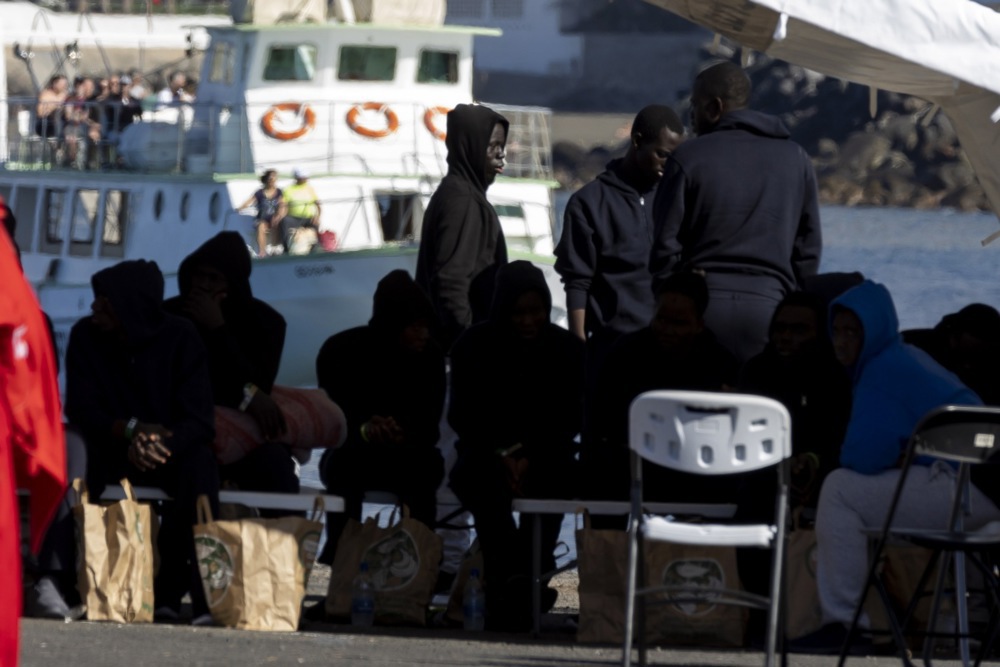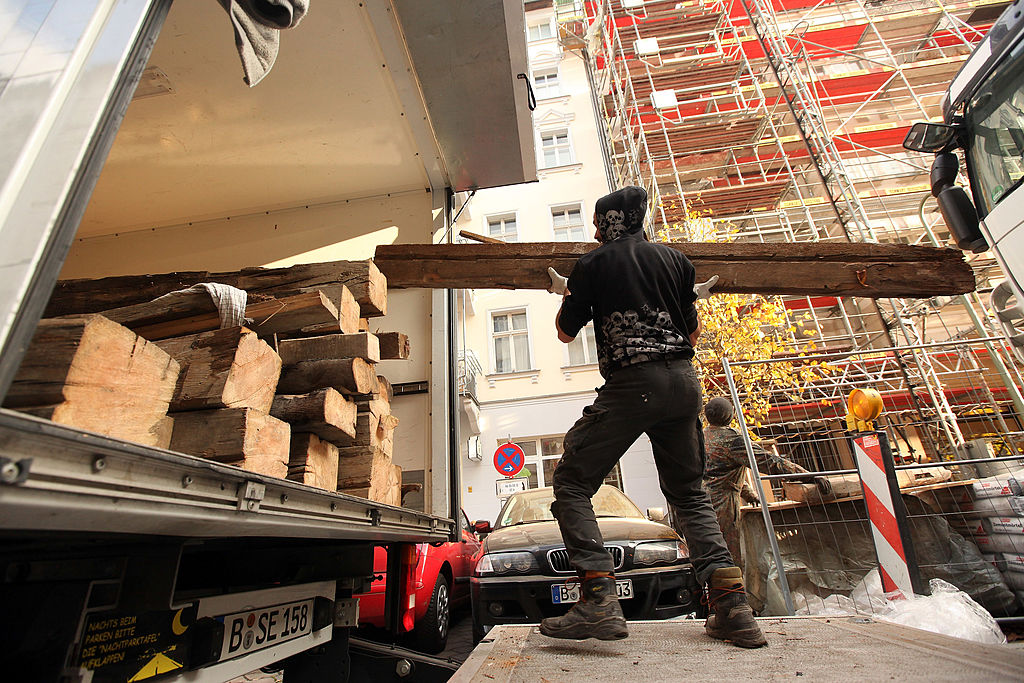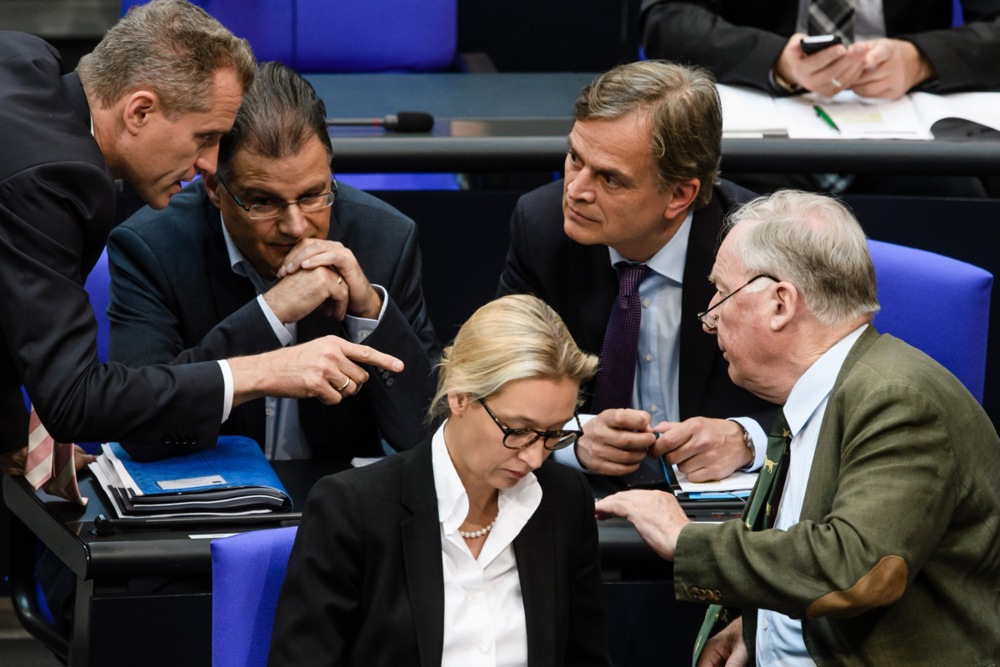The contentious European Union Migration Pact is set to be approved by the European Parliament on April 10, despite almost every MEP offering little more than lukewarm support.
On April 9, during their presentation ahead of the vote, eight rapporteurs from diverse political factions weighed in on the subject.
Every one of them stressed how the Pact was not a solution they wanted but, given it had been effectively agreed, it deserved to be approved as it had been years in the making.
The vote of April 10 will be based on a series of interconnected new regulations; a European package deal designed to create a Europe-wide consensus, albeit that at a minimum.
During the presentation by the rapporteurs, it seemed few if any seemed to want to actively green-light the legislation, with some lawmakers stressing they still needed to convince their peers to push the “go” button on it.
For example, French representatives of Les Républicains, part of the European People’s Party (EPP), and French socialists had already said they will vote against its introduction.
EPP rapporteur Tomas Tobé stressed he was actively negotiating with his fellow party lawmakers.
Most praised the outlined Pact benefits of “harmonisation”, “trans-European co-ordination”, “equal treatment” and a “unified policy” offering “extra protection”.
Some, though, such as Dutch RENEW MEP Sophie in ‘t Veld, had obvious difficulties in hiding their contempt for the European migration legislation.
While seemingly holding her nose, she said she would support most of the Pact but would still abstain from the parts of it she detested.
Still, she added: “We need to show Europe can deliver.”
In ‘t Veld stressed that everything hinged on the implementation of certain elements of the Pact. “If governments respect human rights and European values, migrants could benefit from the Pact, if governments have no regard for fundamental rights, it could lead to prolonged detention.”
According to the Dutch MEP, much depends on the operations of the next European Commission. She claimed that the current EC “does nothing” and that the European Parliament could have done a lot more regarding the issues.
At the same time, she praised the Pact for creating a representative for children, protecting their legal rights.
Migrants will also be given access to the EU labour market and healthcare and children will be able to go to standard schools alongside domestic European school pupils.
Jorge Buxadé, of the Spanish Vox Party and a member of the European Conservatives, was standing alongside In ‘t Veld.
He seemed to be less enamoured by the Pact. Unlike his colleagues, while he praised it for measures that could be seen as restrictive, he apparently begrudgingly admitted there were numerous concessions to the Left.
Buxadé said he saw the Pact as a “first step” to regain the trust of the European electorate with regard to migration.
He highlighted what he said were improvements, such as the creation of a broader and more accurate database, the use of fingerprints regarding migrants and efforts to curtail what he called the abuse of some trying to get asylum in different European countries.
“Illegal migration is an illegal act,” and it requires “repatriation”, the Spaniard stressed, seeming to some a little isolated in a sea of apparent sympathisers for said “illegals”.
A clear hot-button issue, not tackled by the Migration Pact, was how to deal with third countries.
The EC has signed migration deals with nations including Turkey and Tunisia, not known as champions of human rights, while Italy has been supported in forging a deal with Albania, all designed to keep migrants out.
Most rapporteurs do not approve of such. “Throwing money at dictators is not migration policy,” In ‘t Veld said.
Buxadé was the outlier again on that, stating it was better to have good relationships with neighbours while such deals also helped to end human smuggling, in his opinion.
The Left Group and the Identity and Democracy Group in the European Parliament were depicted by some as extremists in voting against the Migration Pact but, others believe, they may have been quietly admired for not being seen to jump through political hoops regarding it.





